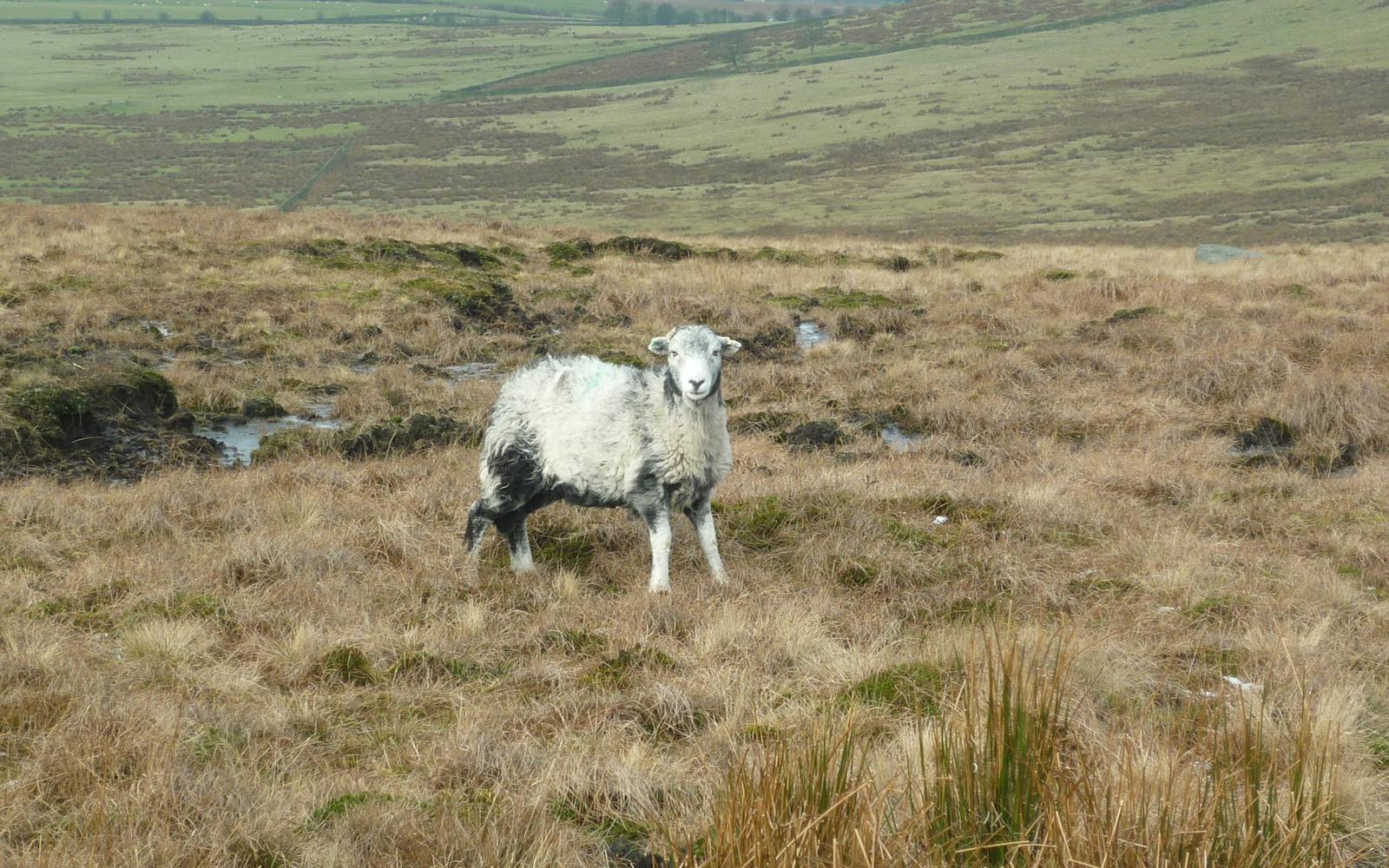
Evidence review for Agri-Environment Scheme (AES) interventions
Agri-environment schemes and biodiversity
LUC, in collaboration with the Countryside and Community Research Institute at the University of Gloucester, and Environment Systems Limited, carried out a comprehensive review of existing research to evaluate the effectiveness of agri-environment schemes (AES) in achieving their intended outcomes in England.
The goal was to bring together the evidence on how effective AES are, to make this research more accessible to policymakers, and to identify knowledge gaps and areas where future research efforts should be directed to improve the effectiveness of AES.
Unveiling the impact of agri-environment schemes
LUC undertook a systematic literature review of the evidence of the impact of AES on biodiversity since the introduction of Environmental Stewardship in 2005.
Our findings will inform future policy decisions and the future focus of research to help deliver biodiversity targets set out in the 25-Year Environment Plan.

Reviewing evidence
LUC's experienced landscape managers undertook a critical review of over 130 scientific papers to assess the impact of AES on different biodiversity groups.
This extensive review identified key areas where evidence is lacking, such as the effectiveness of coastal options, successional areas and scrub, wetland creation, or wood pasture and parkland.
Bridging the knowledge gaps
Based on the review findings, LUC provided a series of recommendations to Natural England for improving the evidence base on AES impacts.
These recommendations included prioritising research on under-studied taxa and habitats, as well as the need for long-term studies with robust control groups.

Informing future directions
LUC's work on this project plays a critical role in ensuring that AES is delivering the intended benefits for biodiversity in England.
By identifying knowledge gaps and providing targeted recommendations, we are helping to shape future research efforts and ultimately contribute to the resilience and recovery of nature.











